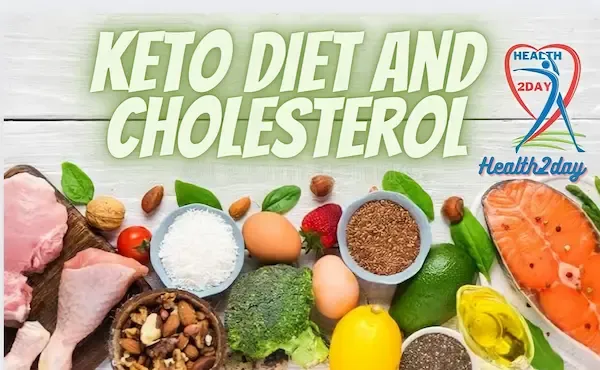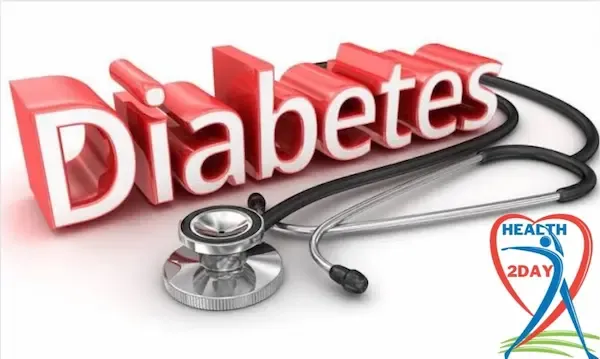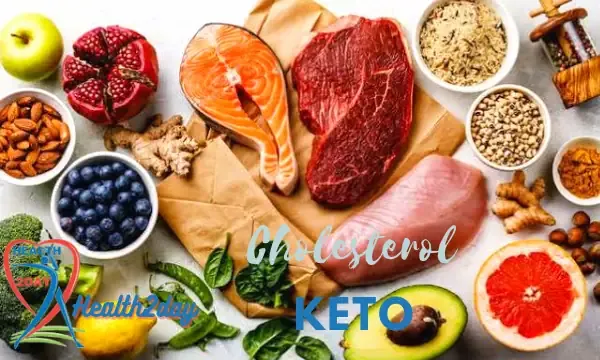The ketogenic diet is typically nutritious for most individuals and may even help decrease cholesterol levels in the long run.
However, some individuals may need to adapt their keto diet to prevent boosting their cholesterol levels. Many people ask will keto diet lower cholesterol or not?
Fully Facts about Will keto diet lower cholesterol?
Fact 1
It entails lowering your total carbohydrate consumption to 20–50 grams per day, which drives your body to shift from utilizing glucose (a sort of sugar) as its major source of energy to utilising ketone bodies, a type of molecule created from the breakdown of fat.
When this shift occurs, your body enters a normal metabolic condition known as ketosis.
Generally speaking, a keto diet is nutritious, safe, and acceptable for most individuals, but further study into the long-term consequences is required.
Fact 2
If you have renal illness, liver disease, familial hypercholesterolemia (high cholesterol levels passed down through the family), or fat-induced lipemia, the keto diet is probably not the best solution for you since it may aggravate these issues.
Fact 3
If you have type 1 diabetes, gallbladder difficulties, or a genetic disease that alters fat metabolism, visit a dietician before beginning a keto diet.
Animal studies have revealed that a keto diet may result in alterations in prenatal development and promote anxiety and sadness in adulthood.
Certain nutrients may be more difficult to get if you follow a restrictive diet. More study is required to determine if the keto diet is safe during pregnancy.
If you have high cholesterol levels and are interested in attempting the keto diet, it’s crucial to consult a healthcare practitioner if the diet is appropriate for you, depending on your unique cholesterol levels and general health.
This cholesterol has been shown to reduce total cholesterol and LDL (the bad kind) cholesterol while elevating the good kind, HDL (the good kind).
Over time, the keto diet has been shown to temporarily boost total and low-density lipoprotein cholesterol (LDL). However, evidence shows that both total and LDL cholesterol levels reduce in the long run, while HDL cholesterol levels seem to grow.
Fact 4
If you already have high cholesterol levels, you’ll need to change the composition of your keto diet to avoid it raising your cholesterol levels.
For starters, try to eliminate artificial trans fats, processed meats, and fried meals, since these items may increase your risk of heart disease.
You could also try substituting some of the saturated fats in your diet with monounsaturated fats. Although saturated fats aren’t bad, exchanging them for monounsaturated fats may help lower your cholesterol levels.
Monounsaturated fats may be found in a variety of foods, including avocados, olive oil, nuts, and nut butters.
When included in a ketogenic diet, some polyunsaturated fats, such as omega-3 fatty acids, may help decrease triglyceride levels and raise HDL (good) cholesterol. Omega-3s may be found in a variety of foods, including flax, chia, walnuts, and oily seafood like salmon.
Fact 5
Lastly, just because a keto diet is low carb doesn’t imply that it should be low fiber. If you want to reduce your cholesterol, eat more high-fiber foods like nuts, seeds, berries, and low-carb vegetables.
Keto May Harm People With a Genetic Mutation That Affects LDL Regulation.
Where things become potentially problematic is if you’re one of the individuals who has an inherited genetic mutation that changes the way LDL particles are controlled.
Their LDL levels may spike if these folks adopt a keto diet. so the overall findings may be skewed. However, what matters most is how your diet affects your own health.
There has been a lack of attention paid to the phenomenon, he asserts, noting that the underlying genetics driving this reaction is still a mystery.
Should You Avoid Keto if You Have High Cholesterol?
Even if you have high cholesterol, you are not inherently ineligible for a ketogenic diet.
Doctors will want to look at the complete picture with the objective of improving indicators like triglycerides, A1C, blood pressure, and body mass index (BMI) (BMI).
We believe patients' cardiovascular risk is reduced on the ketogenic diet if they lose weight, lower their BMI to, if not below, 30, and enhance these biomarkers.
If a patient has substantially raised triglyceride levels—upwards of 1,000 mg/dL (remember, under 150 is acceptable)—but a triglyceride level of 300 may still be doable with strict supervision and periodic lipid tests. Ketogenic diets are safe for the vast majority of people I encounter.
The reality is that individuals start down the path to heart disease in diverse ways (genetics, hardening of arteries), and cardiovascular patients react differentially to therapy. Not everyone will want to go on keto, although it may be suggested for some.
As a result, research published in Clinical and Scientific Debates on Atherosclerosis in November 2019 shows.
The AHA still advocates a plant-based diet heavy in fruits, vegetables, legumes, whole grains, and lean vegetable or animal protein.
Summary
The keto diet is a popular diet that individuals take to reduce weight and enhance their general health.
Evidence shows that it can temporarily boost total and low-density lipoprotein cholesterol (LDL) However, evidence shows that both total and LDL cholesterol levels reduce in the long run.
If you have high cholesterol, you are not necessarily ineligible for a ketogenic diet. Ketogenic diets are safe for the vast majority of people, says Dr. Andrew Wexler.
AHA still advocates a plant-based diet heavy in fruits, vegetables, legumes, whole grains, and lean animal protein.



